
Roots: Biopower and Resistance
Summer Course and Residency curated by Salma Serry
Sign ups for this course are now closed.
Exploring Biopower & Resistance through Food
This summer course, designed by Salma Serry, explored modes of dominance, violence and reclaiming of power in historical investigations of food.
Over the timespan of two months, this course consisted of weekly online seminars featuring a diverse lineup themes.
As an optional addition to the course, participants could join a week-long residency in Cairo, Egypt, where we contextualizes and deepened the course themes within the local environment through field visits, guest lecturers and discussions.
Summer Course
Deadline Online Program: 14th of July
13 Jun - 20 Jun 2025. Residency in Cairo, EG
15th of July - 2nd of september 2025. Online Course. Tuesdays at 19:00 CET.
10% of profit donated to the Palestine Heirloom Seed Library
Online course + Egypt Residency
1000€
This option grants you access to the full program, including 8 weekly lectures and discussions, curated literature, and an online community space.
Additionally, you will participate in a residency in Cairo, featuring workshops, field trips, and opportunities to deepen your understanding of the theme.
*Accommodation and travel to Egypt are not included in the price and must be arranged by participants independently.
Online course
500€
This option grants you access to the online program, including weekly lectures and discussions, curated literature, and an online community space.
A limited amount of scholarships are offered for this participation.
See more info below
Course Description
Colonialism and imperialism have cast long shadows over the global present, infiltrating systems of power, culture, and survival- particularly through food and its production and knowledge. But how useful is it to over-rely on colonial histories in our intellectual and creative work on food, when it risks overdetermination, singular narratives, and performative activism? How can we shape better futures with a fresh point of departure that breaks away from the reactive orbit of oppressor and oppressed? This course re-approaches the pervasive narratives of imperial history of food that define much of our engagement with the past and present, seeking instead to imagine futures rooted in inherent agency, sovereignty, and resilience, not reaction.
Through the prism of roots (up/re-rootal) in West Asia and North Africa, the course investigates how anti-colonial and indigenous intellectuals, cultural workers, and contemporary activists have envisioned alternative systems of living, enduring, and creating through food. These concepts confront the violence of uprooting imposed by colonial regimes, the biopolitical management of populations through a globalized capitalist food infrastructure, and the need to reroot in ways that challenge imperialist hegemony. How can we dismantle these legacies without falling into the traps of romanticization or simplistic binaries like local versus global, or rural vs urban that may themselves be discursive tools of empire.
We ask whether indigenous and rooted frameworks must purely reject technology and global paradigms entirely, or whether they can embrace some kinds of syncretic practices that confront imperialist systems while fostering interconnectedness across scales. In examining food systems, cultural production, and artistic expression, we uncover how the global South and local marginalized communities have persevered in the face of not just colonization but the commodification of their biopolitical identities, foodways and histories.
This course positions food as sites of biopower struggle- not just artifacts of culture but battlegrounds for reclaiming agency and dismantling imperial power by deepdiving into the micro-scale of everyday life. Participants will explore whether thinking locally- while resisting neoliberal globalism- can offer pathways to a sovereign future. What would a truly decolonized future of food look like, and can we reclaim global interconnectedness outside the logics of imperial extraction?
Ultimately, what could come after decolonization when we leave behind its metaphor to embody a forward-looking praxis premised upon rooted yet also dynamic, transformative, and ongoing indigenous wisdom?
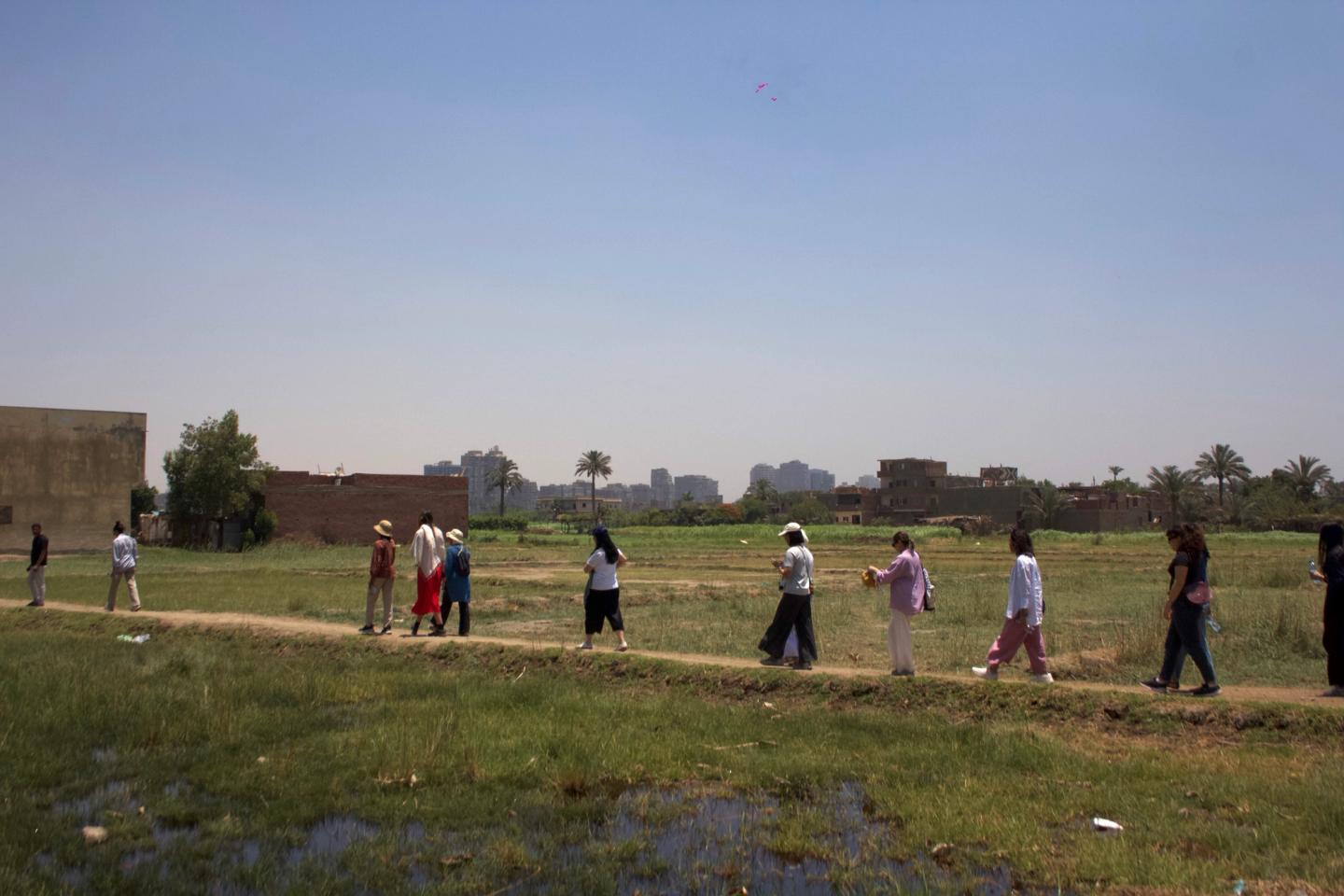
Structure
The program is primarily conducted online, featuring lectures, guest speaker presentations, and interactive discussions. Over two months, participants will attend a weekly seminar, each comprising a 60-minute lecture followed by a 30-minute Q&A session. References and reading materials are provided in advance, encouraging participants to engage with the content beforehand.
Accompanied by the program, participants are also invited to join a one-week residency in Cairo, Egypt. During this residency, we will explore various local contexts connected to the course themes through field trips, workshops, guest lectures, and in-depth discussions over shared communal meals.
Lecture Themes
Week 1. Absorption
One could imagine roots as a metaphor for extractive global structures, mirroring capitalist and liberal hunger for continuous extraction, absorbing resources, labor, and knowledge in a cycle of imperialist exhaustion, much like monoculture farming depletes soil for mass production. Yet, this same absorptive power, when reclaimed, allows the colonized to reappropriate knowledge, traditions, and agricultural practices, turning food sovereignty into a form of resistance against extraction.
Week 2. Stability & temporality
Roots anchor, offering stability and cyclical renewal, yet Western hegemony fractures time, freezing the past in nostalgia while accelerating the present into a restless urgency, disrupting seasonal eating patterns and traditional foodways. To slow down, to return to rooted seasonality, becomes an act of resistance against industrialized food systems that prioritize speed, overproduction, and artificial scarcity.
Week 3. Energy & Thermality
Capitalist efficiency dictates unnatural energy preservation—refrigeration, mechanized storage, and artificial cooling- disrupting organic cycles of decay, renewal, and warmth, altering food’s natural rhythms and increasing dependency on fossil-fueled logistics. The overheating of the planet, driven by industrial agriculture, mirrors the unsustainable acceleration of food production, where land is stripped of nutrients, livestock suffer under mechanized heat, and communities lose access to ancestral foodways.
Week 4. Networks & Community
Root systems, like labor and non-human relationships, thrive on interconnectedness, where bodies , human and ecological, become sites of exchange, commodification, and mutual dependency, much like food systems that rely on invisible labor, migrant work, and land dispossession. These networks challenge individualistic capitalist models, showing that survival is not in singular ownership but in collective nourishment, shared agricultural practices, and local food autonomy..
Week 5. Wisdom & pride
Indigenous wisdom understands roots not just as physical anchors but as ancestral knowledge, where remembering becomes a radical act of healing against erasure, particularly through food traditions passed down across generations. To return to the roots- both literal and metaphorical, through traditional cooking, foraging, and seed preservation is not regression, but an assertion of survival, pridde, and a future built from histories that refuse to be forgotten.
Week 6. Flows & channels
Roots embody hidden infrastructures of exchange: nutrient-sharing networks that sustain ecosystems through underground communication, resisting individualistic ownership of resources, much like traditional food systems emphasize communal land stewardship and seasonal reciprocity.. Yet, imperialist flows- of cash crops, supply chains, and genetically modified seeds- mimic these natural systems, except that instead of sustaining life, they centralize power and exploitative extraction, dictating who eats and who starves.
Week 7. Expansion
Imperialism, like deep-rooted systems, operates through hidden expansions, embedding itself in economic policies, land ownership, and cultural hegemony, sustaining global capitalism under the illusion of free movement, much like how fast food industries and corporate agribusinesses shape global diets. However, counter-networks of regional scale and the Global South emerge as alternative root systems, fostering food sovereignty, seed exchange, and culinary resistance that push back against the suffocation of Western dominance.
Week 8. Hope & Silent Potential
Roots store potential energy, accumulating strength beneath the surface before visible growth, a process that capitalism perverts into speculative investment, demanding endless accumulation without organic balance, much like how food is hoarded, wasted, or financialized rather than distributed equitably. True rooted growth, however, lies in ecosystems of care- stored wisdom for healing: regenerative farming, and localized food economies ensure sustainability over excess.
Methodology
Through a series of lectures and an optional residency, we will pursue interdisciplinary modes of knowledge sharing and exchange, while fostering opportunities for sustained growth and collective thinking.
We aim to create an atmosphere of trust and safety, in order to help form a tight knit community of critically engaged, curious and rooted thinkers and makers.
Coming together with multiple cultures requires sensitivity and openness.
We don’t aim to create a homogenous answers, but rather encourage debate through respectful discourse in a space of curiosity and learning.
Accountability through compassion is a shared commitment to owning our actions and embracing the possibility of change.
Residency
This week-long residency invites cultural practitioners whose work with food in adjacency to power, the environment, infrastructure, technology, knowledge, and culture.
By hosting the residency in Cairo, the program situates itself in a historically and geopolitically relevant space to critically engage with these dynamics. The city offers immersive experience on the lasting effects of European and American imperialism in the Middle East, European-African histories, and the ongoing tensions between the North and South Mediterranean.
During this week we are hosted by Medrar for Contemporary Art.
Medrar for Contemporary Art is a 20 year old Non-profit organization showing mostly Time-Based Media with a focus on Conceptual Art.
Throughout the residency we will have a.o. workshops, field trips, discussions, guest lectures and communal meals.
The residency will happen with a minimum amount of 10 participants.
Please wait to buy your travel-tickets until capacity is confirmed.

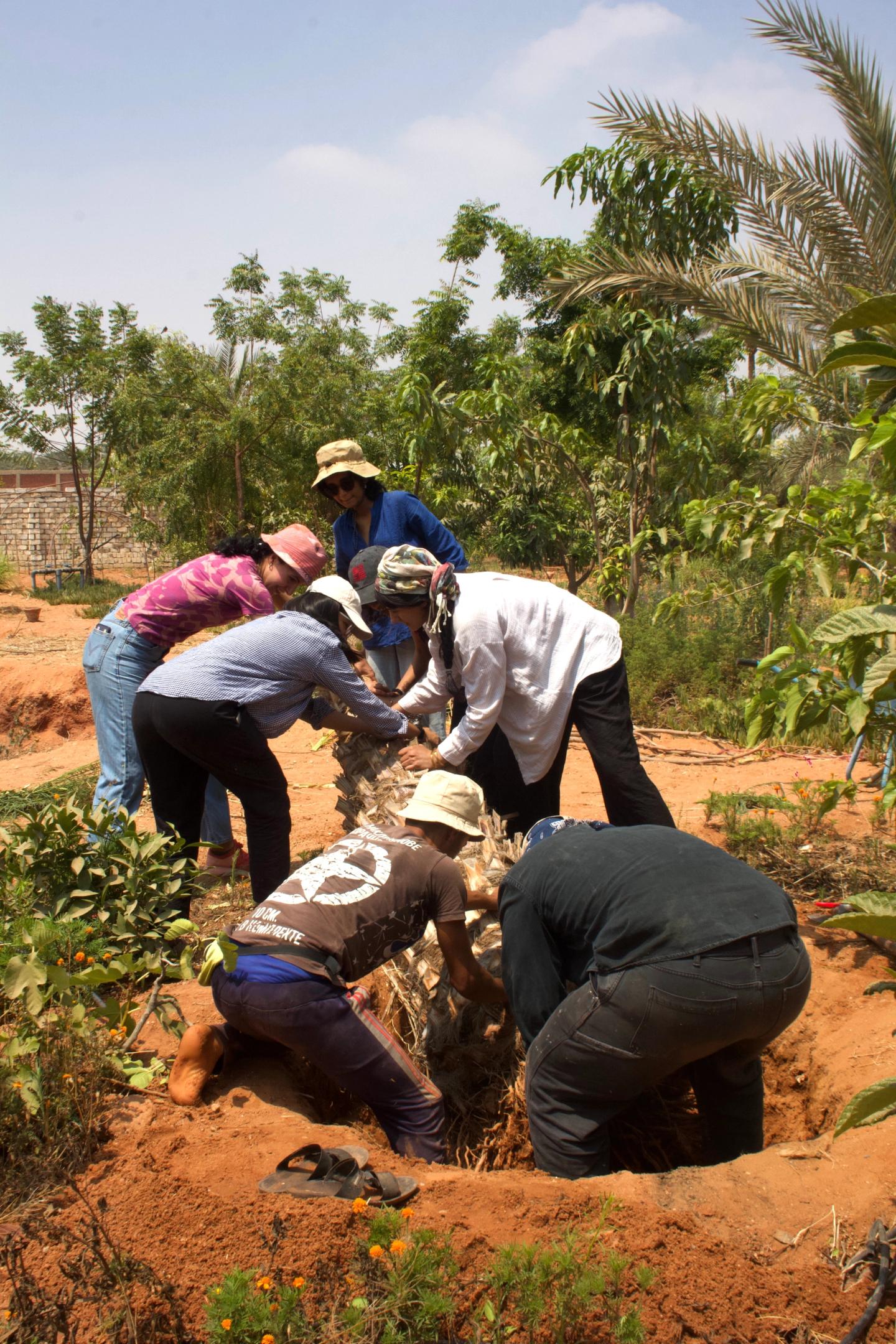
Guest Speakers in the Residency
Salma Serry

Read more
Host, Lecturer, Curator

Salma Serry
Host, Lecturer, Curator
Salma Serry is a doctoral researcher and cultural worker specialized in the history of food in West Asia and Egypt. She is also the curator of Sufra Archive , a digital archive project and social media platform dedicated to West Asian and North African food history and culture. She is working on a PhD in History in the University of Toronto with a specialization in Food Studies at the Culinaria Research Center. Her projects revolve broadly around reconfigurations of power on the scales of imperial structure as well as everyday life, through food politics, mobility networks, and technology in the region. Her PhD project was recently awarded the distinguished SSHRC Doctoral Award from the Social Sciences and Humanities Research Council in Canada, while her art projects have received the Research on the Arts grant from the Arab Fund for Arts and Culture (AFAC) and the Arab Council for Social Sciences (ACSS). Her research and public programming projects have been exhibited at Art Jameel (Dubai), Hayy Jameel (Jeddah), the Arab Council for Social Sciences (Beirut), the Islamic Biennial (Jeddah), and Cairo Design Week.
Noha Fikry
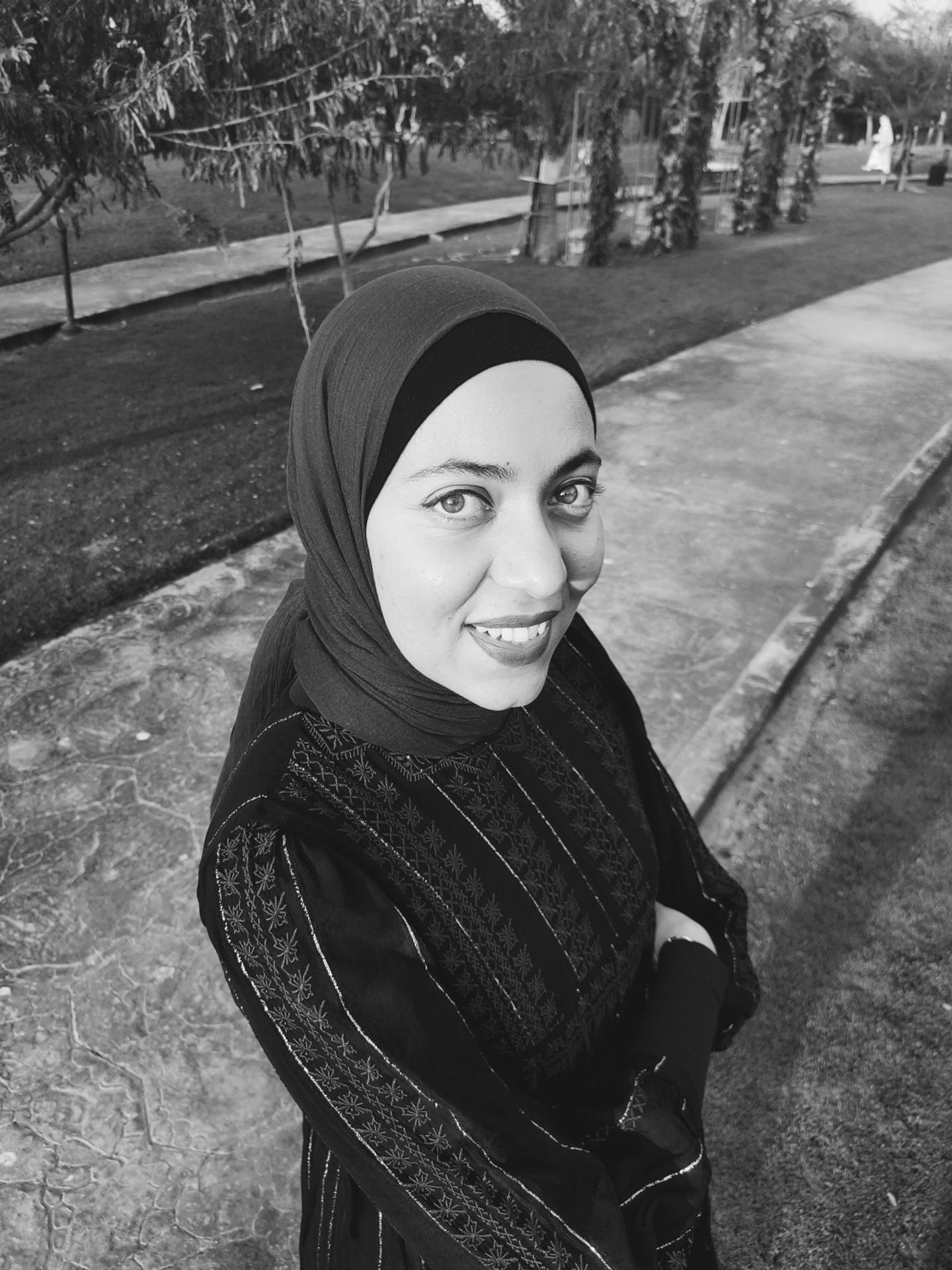
Read more
Anthropologist

Noha Fikry
Anthropologist
Noha is a PhD candidate in anthropology with a specialization in food studies. She's interested in human-animal relations, food, hospitality, and the relationship between caring and killing. Alongside anthropology, Noha finds inspiration in the hundreds of handwritten recipe books that her mother passionately handwrote and fed her, as food for bodies and food for thought!
Farah Hallaba
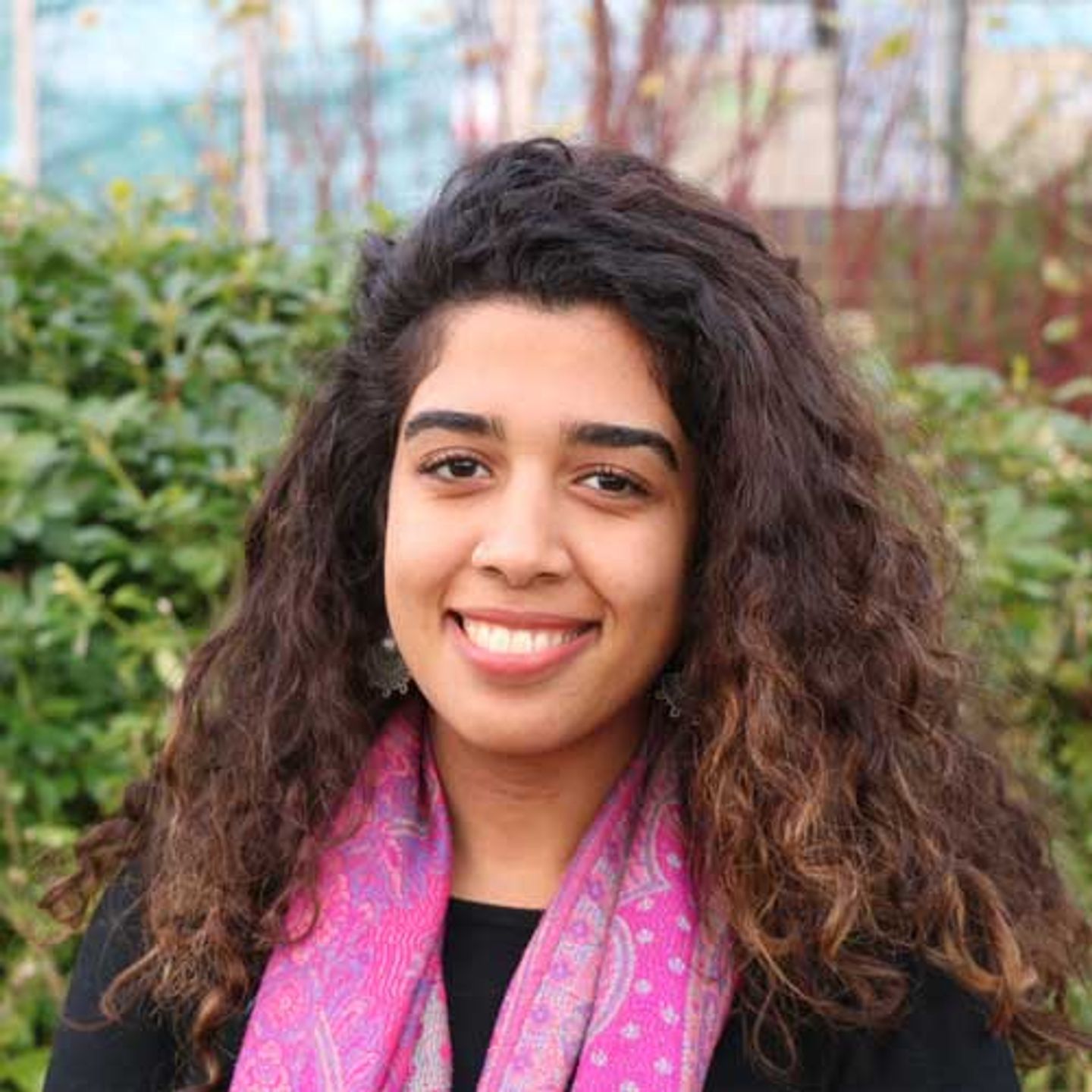
Read more
Social Anthropologist and Visual Ethnographer

Farah Hallaba
Social Anthropologist and Visual Ethnographer
Farah (b. 1996, Cairo) holds an MA in Social Anthropology and Visual Ethnography from the University of Kent. In 2019, she founded @anthropology_bel3araby to make anthropology accessible in Arabic. Her work focuses on visual and collaborative Anthropology, leading to the 2022 “Being Borrowed:on Egyptian Migration to the Gulf” exhibition and Publication. In 2024, she received an AFAC grant for “Anthropology BelAraby Lab,” bridging anthropology and curatorial practices. She is also part of Safeena 7, critically engaging with photography.
Marwa Benhalim
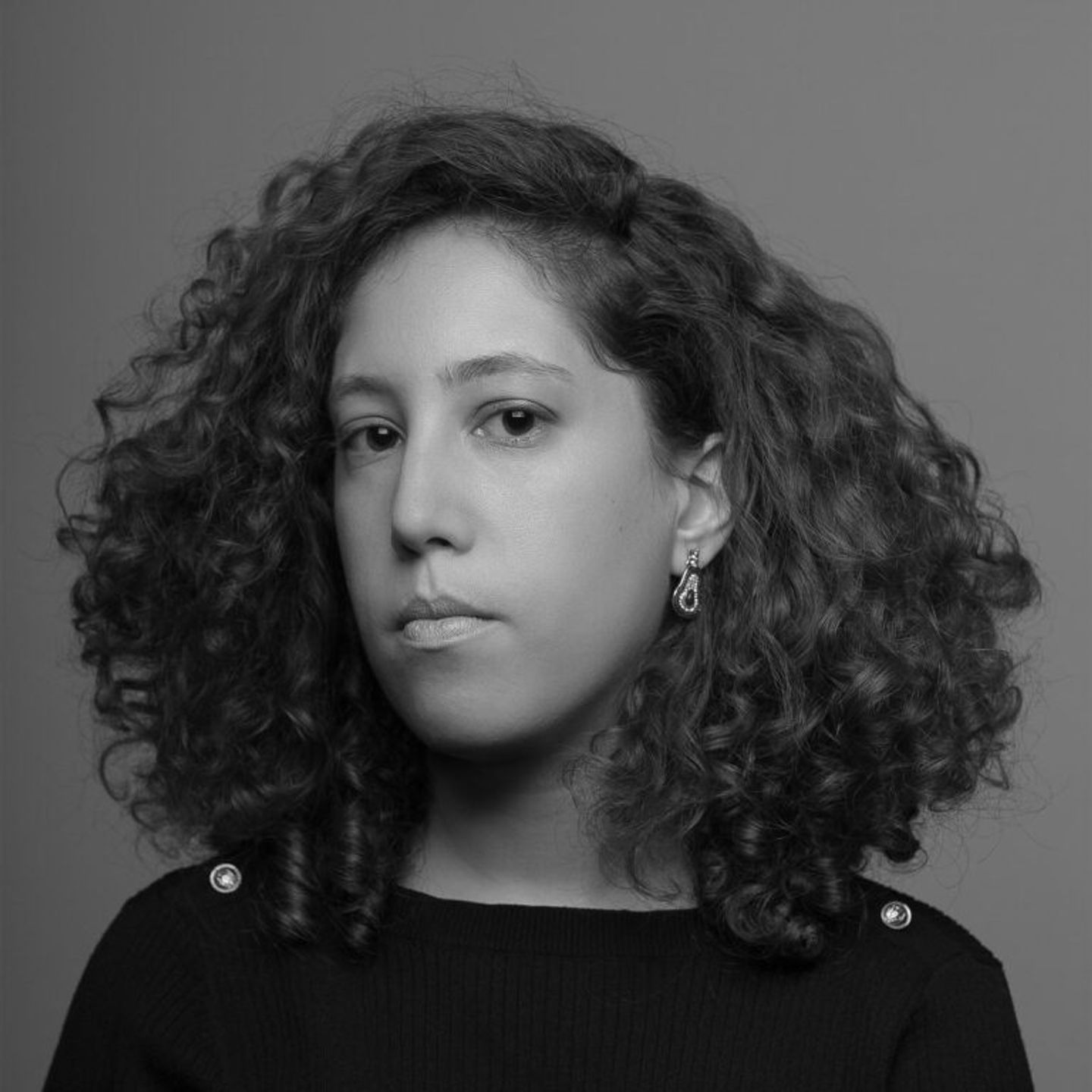
Read more
Artist and Curator

Marwa Benhalim
Artist and Curator
Marwa Benhalim is a Libyan-Egyptian artist and curator. Her practice explores culinary history, food systems, and agriculture in relation to cultural production, gender dynamics, and regional socio-economics, emphasizing research-based inquiry and artistic experimentation. In 2024, she curated "Does a River Shape a Table?" at the Grand Egyptian Museum. She is the founder of the Switchboard Project, an artist-run initiative that hosts monthly gatherings for critical dialogue and culinary explorations. She is also the co-founder and co-director of the Cairo Art Book Fair, now in its fourth edition. Benhalim recently published "Aseeda", the first publication in her on-going bilingual (Arabic/English) project "Ta‘amana: A Journey Through Culinary Libya", a research-based project exploring Libyan food culture through oral histories, archival research, and hands-on cooking. Her work has been exhibited in Mexico City, Cairo, Beirut, Madrid, Dubai, Casablanca, and across the United States. She holds an Alternative MA in Food & Art from The Gramounce, Spain, and an MFA in Studio Arts from Southern Methodist University, Texas.
Hala N. Barakat
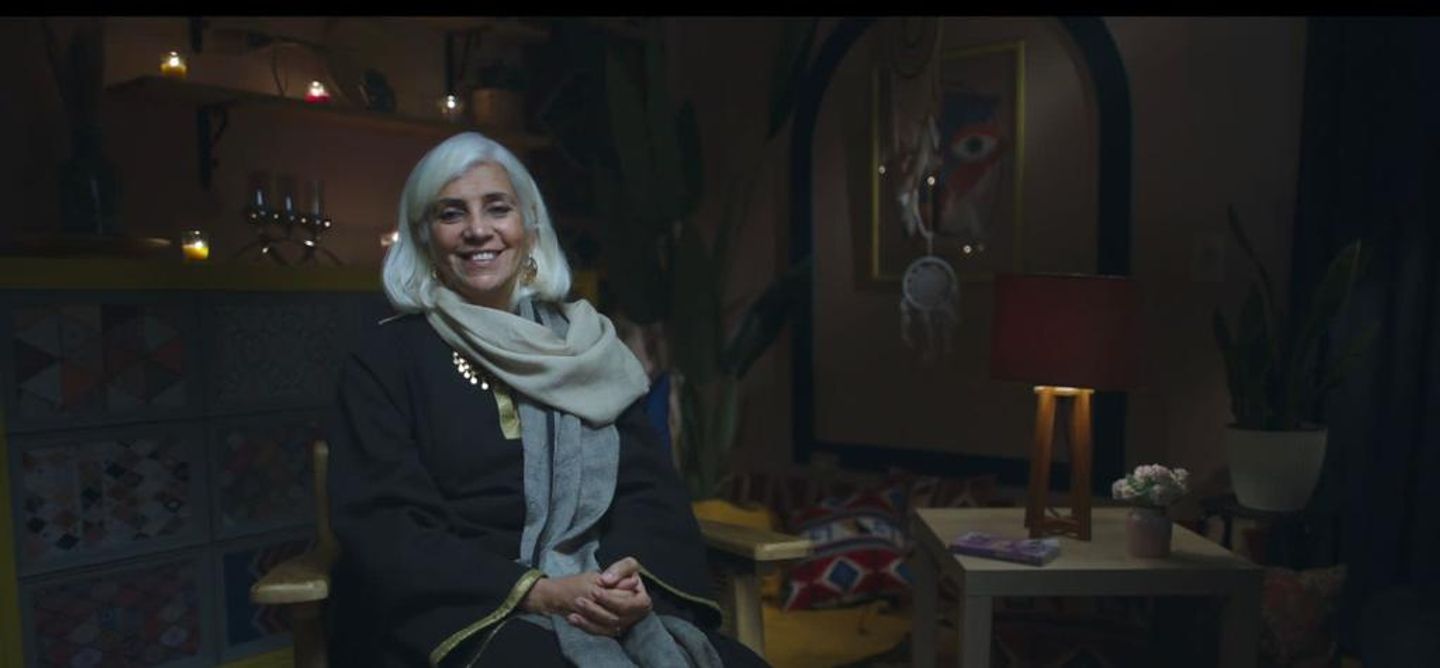
Read more
archaeobotanist, environmentalist and food researcher

Hala N. Barakat
archaeobotanist, environmentalist and food researcher
Hala N. Barakat is an archaeobotanist, environmentalist and food researcher. She has a Ph.D. in Paleoecology from the University of Aix-Marseille III, France. She worked as a lecturer at Cairo University (1995-2000) and as deputy director at the Center for Documentation of Cultural and Natural Heritage affiliated to the Library of Alexandria (2000-2012). In January 2013, she joined the Egyptian Initiative for Personal Rights as head of the “Right to food” unit. Also in 2013, she headed the work group to formulate article 79 in the Egyptian constitution on the right to food and food sovereignty.
In February 2015, she participated in the formulation of the declaration of the
International forum for Agro-ecology in Nyeleni, Mali.
In 2019, Hala submitted a book entitled “Food in ancient Egypt” to be published in 2025 by AUC press. In December 2019, she contributed to the report on the "Right to food and food sovereignty in the Arab world" published by the ANND, Beirut, with a thematic paper: Right to food and Food sovereignty in the Arab world from a gender perspective.
In 2022, she undertook her first consultancy on Egyptian food heritage for a
restaurant and designed an ancient Egyptian garden for a resort in Marsa Alam. In 2023 She joined the “Discover Esna” project by “Takween” to document the food heritage of the town of Esna and surrounding villages.
Since 2023, she has been collaborating with artists and researchers on food issues and new perspectives on food production.
Hala is also a founding member and former president of Nature Conservation Egypt(NCE) a non profit organization active in the field of conservation of endangered species and habitats. Hala is currently a member of the coordinating committee of the CSIPM at the CFS/FAO for the “Urban food insecure”. And a freelance consultant on the environment, food heritage, sovereignty and the history of plants in Egypt.
Scholarships
In order to facilitate access to participants from less favorable economic backgrounds and people of colour, The Gramounce offers a limited amount of scholarships opportunities for the online course.
Scholarship results will be notified the week before the start of the course.
The deadline for this was 31st of April 2025.
Scholarship applications are now closed
Discount for local participants.
We are offering 50% discount to participants from
Egypt, Palestine, Lebanon, Syria, Turkey, Sudan and Yemen.
The discount for is applicable for the Online Course as for the Residency.
The selection of countries is based on economic context of either inflation, increased cost of living or economic and political instability and is designed to maintain a more equitable opportunity for participants.
Deadline for discount application: 10th of June.
FAQ
About Salma Serry
Salma Serry is a doctoral researcher and cultural worker specialized in the history of food in West Asia and Egypt. She is also the curator of Sufra Archive , a digital archive project and social media platform dedicated to West Asian and North African food history and culture. She is working on a PhD in History in the University of Toronto with a specialization in Food Studies at the Culinaria Research Center. Her projects revolve broadly around reconfigurations of power on the scales of imperial structure as well as everyday life, through food politics, mobility networks, and technology in the region. Her PhD project was recently awarded the distinguished SSHRC Doctoral Award from the Social Sciences and Humanities Research Council in Canada, while her art projects have received the Research on the Arts grant from the Arab Fund for Arts and Culture (AFAC) and the Arab Council for Social Sciences (ACSS). Her research and public programming projects have been exhibited at Art Jameel (Dubai), Hayy Jameel (Jeddah), the Arab Council for Social Sciences (Beirut), the Islamic Biennial (Jeddah), and Cairo Design Week.











